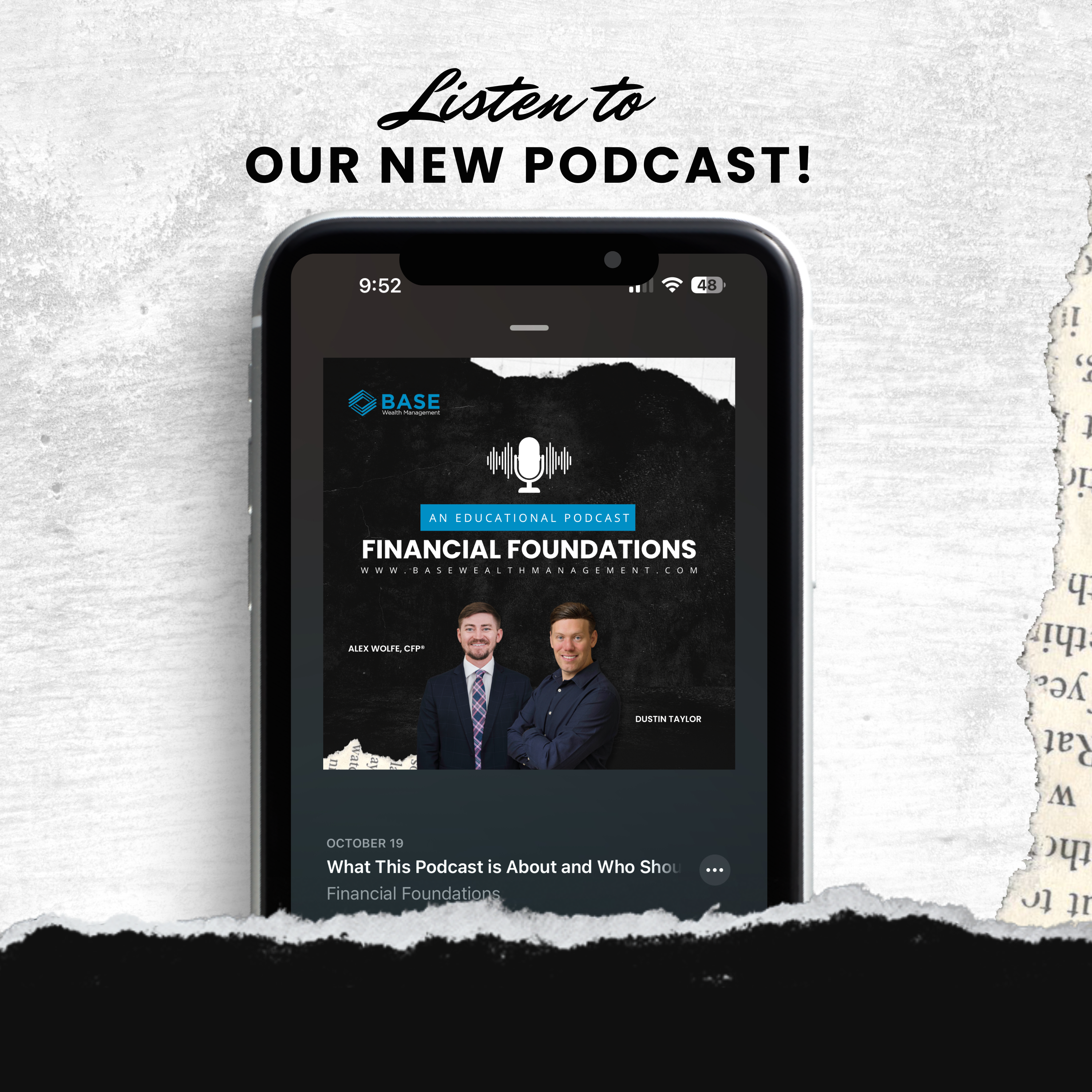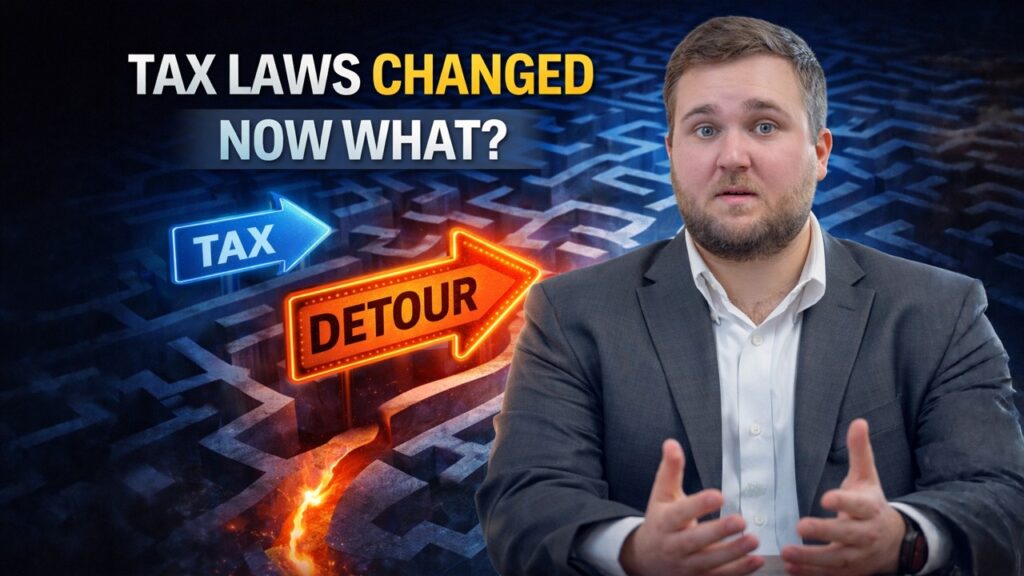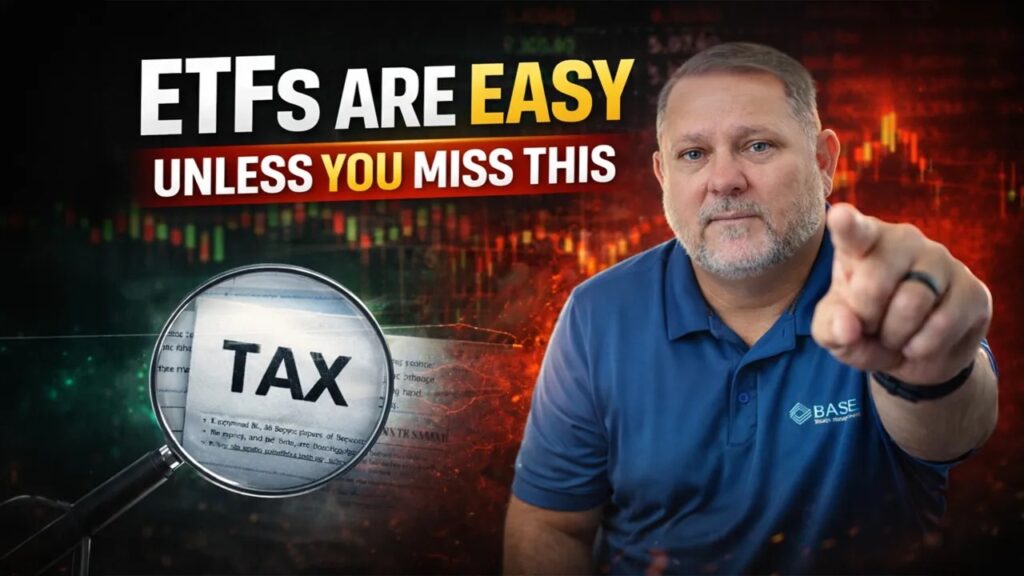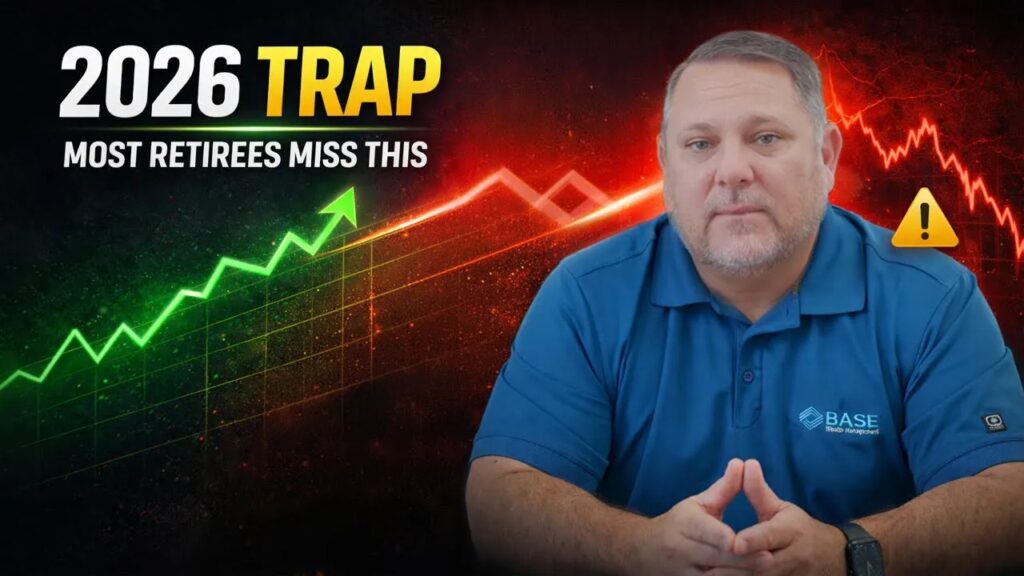The Fed Cuts Rates – Chairman Speaks On Future
The Federal Reserve cut interest rates by 0.25% last week, with a high probability of another rate cut in December, though markets suggest a likely hold in January. Chair Jerome Powell asserted he would not step down if President-elect Donald Trump requested it, as the president lacks the legal authority to remove him. Trump has criticized Powell’s approach to monetary easing in the past, though Powell stated that Trump's recent election victory would not immediately impact Fed policy. The new administration is expected to focus on economic initiatives like tax cuts and tariffs, particularly with China. However, Powell cautioned it’s too early to gauge potential economic impacts or any need for policy adjustments by the Fed.
Presidential Election Market Rally
Stocks experienced their best week in over a year following a stable election and its clear results, with the S&P 500 rising 4.7% for the week. Investors reacted positively to expectations of pro-business policies under the new administration, fueling rallies in sectors like financials and small-cap companies, as demonstrated by an 8.5% rise in the Russell 2000. Treasury yields initially spiked on inflation concerns tied to potential policy changes, including tariffs and adjustments to immigration policies. Additionally, market participants are closely watching the extent of tax cuts, especially for corporations, and their effects on the growing budget deficit.
Policy Effects on Economy
President-elect Donald Trump's proposed immigration policies could impact industries that rely heavily on immigrant labor, such as construction, agriculture, and services, potentially exacerbating labor shortages, delaying projects, and increasing costs. His deregulatory stance is viewed favorably by large banks, which may benefit from eased regulations that could boost mergers and acquisitions. Economists are also monitoring proposed trade policies aimed at reducing reliance on foreign goods and increasing domestic employment. While these measures aim to bolster the economy, they could also slow economic growth and raise consumer prices if not carefully implemented.

















